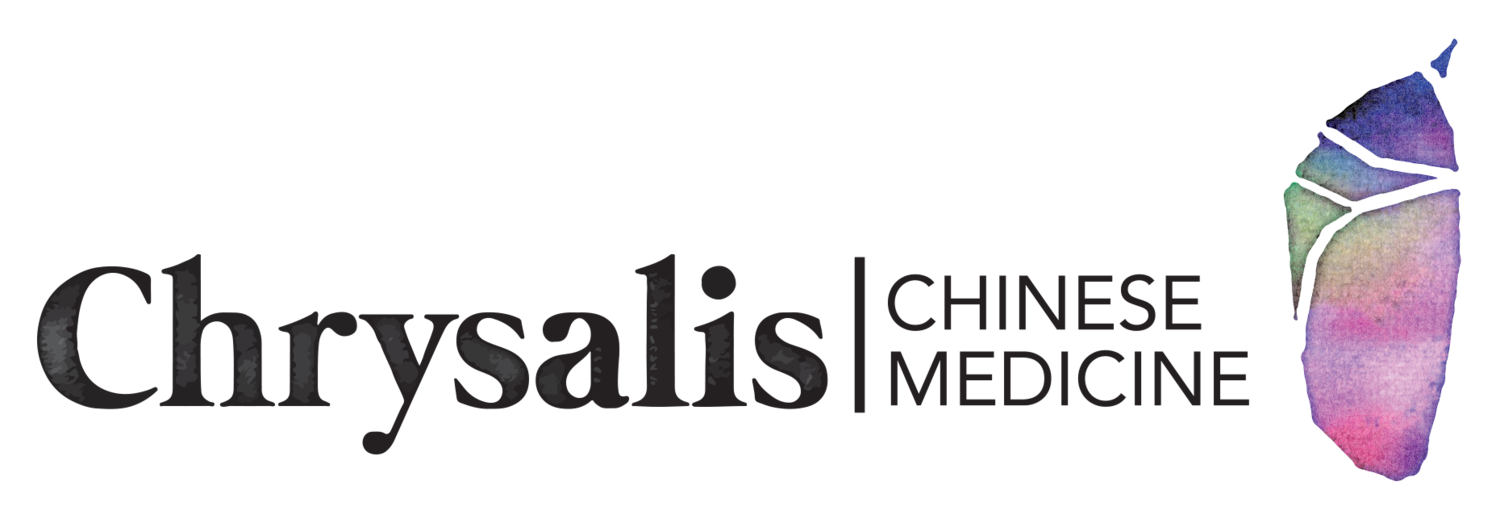Autumn: The Lungs, Sorrow, and the Metal element.
/In Traditional Chinese Medicine theory, there are 5 elements: fire, earth, wood, water, and metal. Each of these is associated with certain organs, seasons, emotions, tastes, smells, sounds, and can help us to understand and relate to the world around us and to see the inter-connection in our world.
Autumn is the season of the metal element. This is the season of contraction and moving inwards, of dryness, and the Lungs and Large intestine are the organs associated with this element. You’d think this could mean that this is the season that the Lungs and Large intestine are at their strongest as it’s their element, but alas it works the other way around! It’s at this time of the year that the Lungs are at their most vulnerable and most likely to be affected by wind, cold and dryness. Chronic coughs tend to come up this time of year as it gets quite cool and dry, and colds and flu’s become more prevalent.
As the weather truly cools down into autumn here in Melbourne, it feels particularly important to share some of this information. Not only because it’s the most vulnerable part of the year for our poor lungs, but there’s also the global pandemic to consider and everything that comes with that!
Emotions and the Metal Element
The Lungs are associated with sadness, sorrow and grief, and when these emotions are present in excess, they tend to weaken the Lungs (some of you may be familiar with the cough that can come up out of the blue for those that are grieving a significant loss). Grief and sadness can mean so many different things to different people, and can show up in many forms. It can include grieving a loss, but it can also be the sadness and grief associated with change; changes to our relationships, lifestyles, social lives, and work situations can bring up feelings of grief and sadness.
The Large Intestine is (surprise, surpise!) associated with letting go, both physically and mentally. This can relate to any emotion, but is particularly potent when working with grief/sadness. As we look to nature in autumn, we see the trees letting go of their leaves, ready for death and rebirth. Autumn is a fantastic time to reflect on what is no longer needed in our life, and to let go of what no longer serves our greater good. This can be big things like a person, relationship or a job, or smaller things like letting go of a belief we hold about ourselves, certain emotions, or spending some time de-cluttering our homes.
When it comes to supporting our Lungs and Large Intestines, especially through autumn, remember to take it easy and take it slow. It’s the excess of these emotions that weakens these organs, and feeling these emotions is completely natural. Feeling some sadness and grief in the current situation is completely normal, but it’s when this emotion is controlling your life that it’s time to reflect. Same with letting go – it’s natural for us as humans to resist certain changes in our lives, but its when we hold onto these to our detriment that it starts to become unhealthy.
Supporting the Metal element with Food
In each season, there are different foods and ways of eating and cooking that will support our bodies best through this season. In Autumn, our bodies can tend towards dryness and cold (hello dry skin and hair!) so foods that are more warming and Yin enriching are more beneficial, as well as eating less cold/raw foods.
Here are a few tips for cooking during autumn, and some foods to incorporate to nourish the Lungs and Large Intestine:
Eating fewer salads and more soups. The ingredients are easier to digest and the watery medium nurtures yin and fluids in the body
Cooking by steaming and boiling foods are more enriching to the yin as the foods retain more moisture
Apples and pears nourish and moisten Lung Yin, particularly when poached
Honey in warm water before bed can ease a dry throat, and assist with dry constipation
Pungent foods can help disperse mucus, such as onion, garlic, turnip, ginger or horseradish
Foods that are mucilaginous can help repair the mucus membranes of the Lung and Large intestines and include foods such as seaweeds, marshmallow root, flaxseed, and fenugreek.
An ancient Chinese herbal remedy for the beginning of a cold
In the very beginning stages of a cold, when you initially have that first thought ‘I might be coming down with a cold’ is the best time to try and treat and evade it. This ancient Chinese herbal remedy is used for this very early stage of a cold.
Ingredients
3 spring onions, white parts only, chopped roughly
2 slices ginger (approx. 20c piece size)
2 sprigs of mint
2 cups of water
Method
Combine all ingredients in a saucepan and bring to the boil. Continue boiling until the liquid has halved (approx. 10-15 minutes). Discard the herbs, keeping the liquid. Drink as soon as its cool enough, get into bed or rug up on the couch to enhance sweating and help the body sweat the cold out. If you feel damp after sweating, get changed and dry and rest for the remainder of the day.



